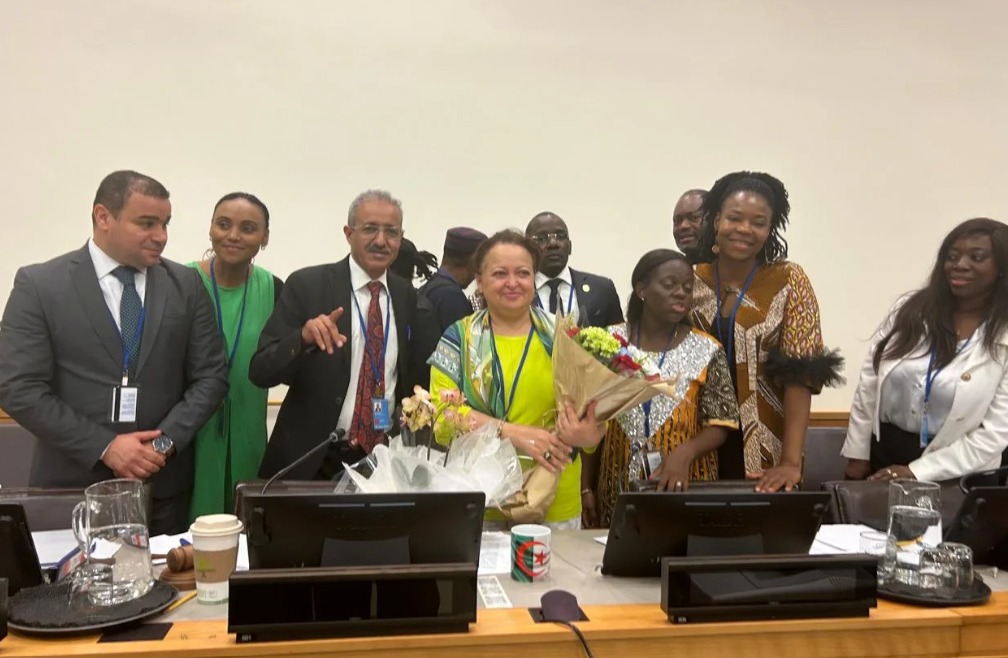


Barran Press
The internationally recognized Yemeni government announced on Saturday its participation in the adoption of the comprehensive international convention against the misuse of information and communication technologies (ICT).
According to the Security Media Center of the Ministry of Interior, the convention's text was approved in New York City, under the auspices of the United Nations, with delegates from countries around the world participating. The center highlighted that this is the first international convention of its kind, as previous agreements were "regional or local."
Major General Faiz Ghlab, Inspector General of the Ministry of Interior and head of the Yemeni delegation participating in the adoption of the convention, was quoted as saying that the convention was "approved," noting that contentious issues were "resolved through voting by delegates."
Ghlab indicated that the convention, which was discussed over eight sessions, "will work to support international efforts in combating cybercrime and preventing any actions that threaten the safety and confidentiality of ICT."
He stated that the convention will include "criminalizing the misuse of this technology for illegal purposes, in addition to facilitating investigation methods, prosecuting perpetrators, and implementing measures aimed at mitigating the consequences of these crimes, especially with the rapid development of communication and information technology."
According to the Security Media Center, Faiz Ghlab made legal interventions during the eight sessions, expressing procedural and substantive observations regarding the form of legal texts, linguistic concepts of definitions, and legal provisions.
In his interventions, he addressed the importance of flexibility in certain provisions of the convention, where definitions, classifications, and criminalization of crimes vary, considering that national laws are part of sovereignty. He argued that flexibility would provide space for these laws in combating these crimes.
He emphasized the importance of "these provisions being general and abstract, applicable to all cases, individuals, and crimes, and the need to add a clause to these provisions, if it does not conflict with the national laws of states."